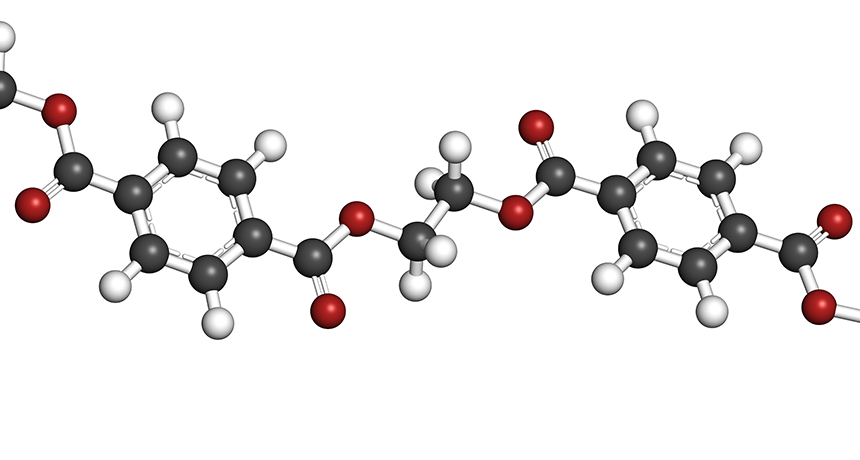Innovative Polymers: Transforming Modern Production
Discovering the Varied Applications and Advantages of Polymers in Different Industries
Polymers, with their varied variety of properties and capabilities, have become indispensable in various sectors, each enjoying unique advantages from their application. From enhancing safety and security and efficiency in the vehicle industry to changing clinical devices in the health care industry, polymers play a crucial duty.
Automotive Sector Applications
Polymers play a critical duty in enhancing the efficiency and durability of numerous components within the vehicle industry. These functional materials are thoroughly used in the manufacturing of various parts, ranging from indoor parts to under-the-hood applications. One famous usage of polymers in the vehicle industry is in the manufacturing of light-weight components. By replacing conventional steel get rid of polymer-based choices, automobiles can attain improved gas efficiency without jeopardizing on stamina or safety and security.

Health Care Sector Benefits
In numerous medical care applications, the advantages of utilizing polymers are widely acknowledged for their diverse series of valuable properties. Polymers play an essential function in the health care market because of their flexibility, biocompatibility, and cost-effectiveness. One of the main benefits of polymers in healthcare is their ability to be customized to details needs, such as adaptability, durability, and biodegradability, making them ideal for a vast array of clinical applications.
Polymer-based products are extensively used in clinical devices, such as catheters, implants, prosthetics, and medicine distribution systems, due to their biocompatibility and ability to resemble natural cells. These materials can decrease the threat of sensitive reactions or rejections, boosting person security and outcomes. Additionally, polymers are light-weight, making them appropriate for wearable medical tools and making certain person convenience.
Furthermore, polymers allow the development of ingenious treatment methods, such as hydrogels for cells engineering and nanocomposites for targeted medicine delivery. Their simplicity of handling and sterilization makes them important for maintaining high requirements of health in healthcare setups. Overall, the diverse benefits of polymers add substantially to developments in clinical technology and individual care.
Ecological Benefits of Polymers

Moreover, polymers can add to energy savings because of their light-weight nature. In sectors such as transport, light-weight polymer products can help in reducing fuel consumption and greenhouse gas emissions. Furthermore, polymers can allow the advancement of energy-efficient items such as insulation products that improve energy conservation in buildings.
Furthermore, polymers play a vital duty in decreasing water air pollution. The use of polymer-based filtration systems can effectively remove pollutants and contaminants from wastewater, guarding water resources and ecological communities. Overall, the ecological advantages of polymers make them beneficial possessions in promoting sustainability and environmentally friendly practices throughout different markets.
Polymers in Electronics and Technology
Thinking about the enhancing demand for cutting-edge view publisher site and sustainable solutions in modern-day markets, the integration of advanced polymer modern technologies in the world of electronics and modern technology has actually emerged as an essential technique for driving performance and performance. Polymers have actually changed the electronics sector by allowing the manufacturing of lighter, a lot more versatile, and durable digital devices. From smart devices to medical tools, polymers play a critical function in enhancing item style and functionality.
One substantial advantage of polymers in electronic devices is their insulating properties, which assist protect fragile digital components from ecological variables and electric disturbance. Additionally, polymers are necessary in the development of versatile display screens, wearable modern technology, and printed electronic devices, offering limitless opportunities for creating wise and interconnected gadgets.
Furthermore, the usage of polymers browse around here in digital packaging has caused advancements in miniaturization and thermal management, enhancing the general efficiency and reliability of electronic systems. As technology proceeds to progress, the versatility and adaptability of polymers will most certainly drive even more advancement in the electronic devices sector, forming the future of modern technology.
Duty of Polymers in Construction and Infrastructure
The combination of innovative polymer products in building and construction and framework jobs has changed the means structures are created and built in modern times. Polymers offer countless advantages in the construction industry because of their convenience, longevity, and cost-effectiveness. One vital function of polymers in building and construction is their usage in finishings and sealants, offering protection against ecological aspects such as moisture, UV radiation, and rust. Additionally, polymers are made use of go to my blog in the production of lightweight and high-strength composite materials, enhancing the architectural stability of buildings while decreasing overall weight.
Furthermore, polymers play an important role in lasting building practices by allowing the development of energy-efficient structures. Insulating products made from polymers assist regulate interior temperatures, lowering the requirement for home heating and cooling systems and inevitably reducing power consumption. Furthermore, using polymer-based composites in framework jobs such as bridges and roads boosts their long life and reduces upkeep costs. Overall, the unification of polymers in building and framework showcases their considerable influence on modern design techniques.
Conclusion
Finally, polymers play a crucial role in different markets such as vehicle, medical care, environmental, electronics, and building. Their flexible residential or commercial properties make them important in producing ingenious options and products. From enhancing fuel effectiveness in automobiles to improving medical devices, polymers provide numerous advantages. Furthermore, their effect on minimizing waste and advertising sustainability highlights their significance in contemporary applications. The widespread use polymers shows their considerable payment to progressing modern technology and boosting high quality of life.